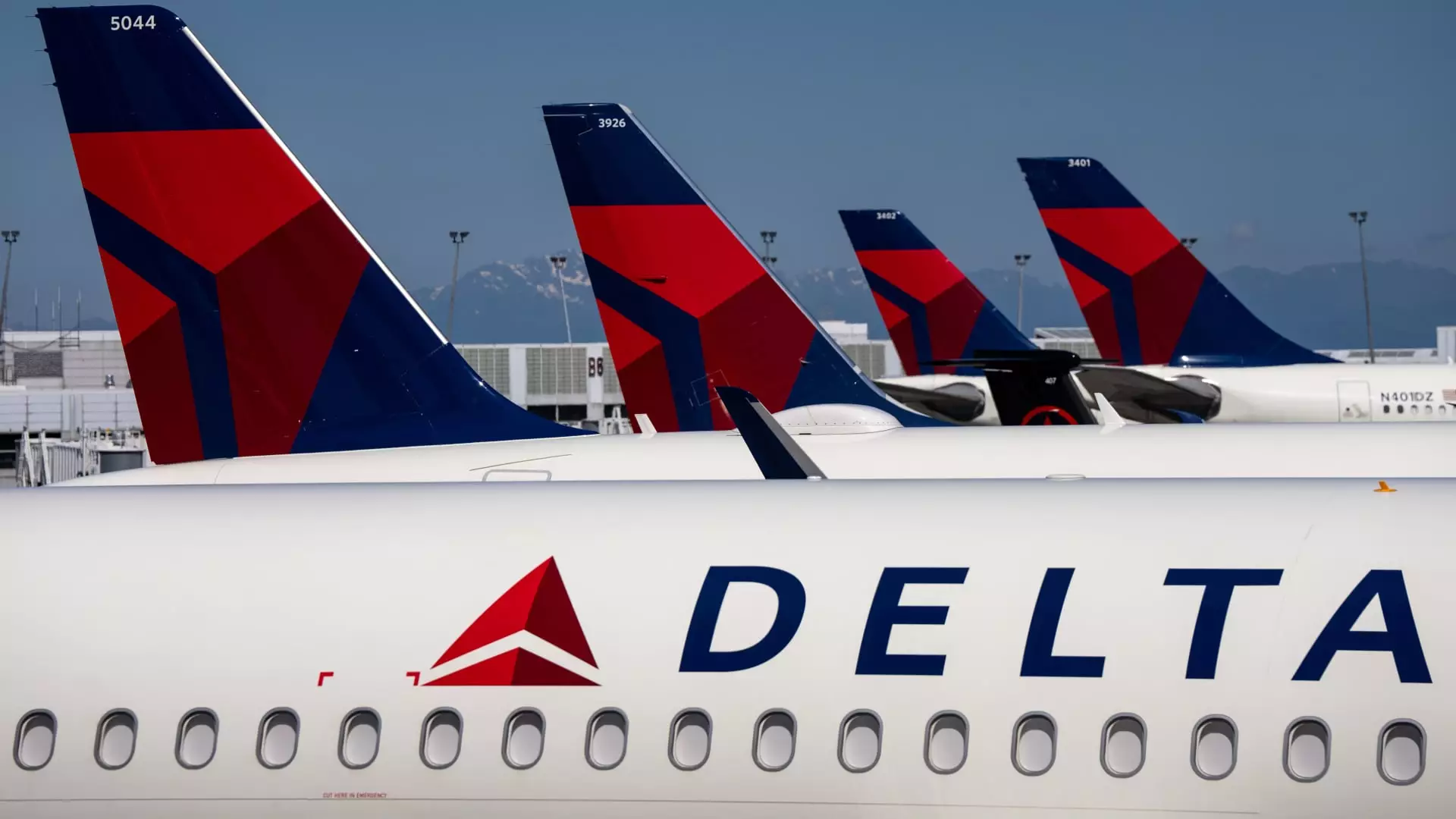In recent days, Delta Air Lines has encountered significant operational challenges at its Detroit Metropolitan Wayne County Airport hub, leading to the suspension of hot meal services on over 200 flights. This disruption has emerged from a crucial food safety issue identified during a routine inspection of Delta’s catering partner’s kitchen facilities at the airport. The incident raises important questions about food safety protocols in the airline industry as well as the impacts on customer service.
Delta disclosed that following inspection reports highlighting a “food safety issue” at a kitchen facility linked to its catering partner, the airline took immediate action. This included halting all food production processes within the affected facility. As a precautionary measure, Delta has redirected its hot meal services to alternate catering facilities to ensure that flights could still offer onboard meals, albeit without the usual offerings. With thousands of meals served daily, the reliance on third-party catering kitchens makes airlines particularly vulnerable to such disruptions.
Internal communications revealed that flight crews received notifications that first-class meals would not be available due to what was described as an “unforeseen supply chain issue.” Such language suggests potential confusion over whether the issue stemmed directly from the kitchen shutdown or if additional underlying factors contributed to the inability to provide standard meal services. Instead of the expected hot meals, affected flights were stocked with an assortment of snacks, which may lead to customer dissatisfaction, particularly among first-class passengers accustomed to more substantial dining options.
Given that no illnesses related to the kitchen issue were reported by either employees or customers, Delta Air Lines appears to have taken steps to mitigate risk effectively. The swift response to suspend operations at the identified facility demonstrates the company’s commitment to food safety. However, such incidents serve as a reminder of the stringent standards required in airline food service and the potential repercussions should those standards falter. Despite the current situation, Delta’s choice to compensate impacted passengers with travel vouchers or frequent flyer miles reflects an understanding of the need to maintain customer goodwill amidst operational challenges.
Delta Air Lines’ recent service interruptions due to food safety concerns underline the vulnerabilities inherent in airline operations, particularly when it comes to catering partnerships. While immediate remedial actions were taken to ensure passenger safety, the incident can potentially harm customer experience, especially for those who value onboard dining. As airlines continue to navigate the complexities of food service logistics, the need for rigorous safety and supply chain management will likely take center stage, shaping policies and customer perceptions in the aviation sector moving forward.


Napsat komentář